Table of Contents
ToggleThe role of the President of The United States is often heralded as being the most powerful in the world. This seems justified when we consider everything that a president can do. So, what are the president’s powers, and do they have absolute power?
Powers Granted to the President
The President of the United States is granted some important powers as the nation’s leader and chief executive of the executive branch. Many of these revolve around creating policy and signing bills into law. This, their position in their political party, and their nominees for major positions, shape the country’s trajectory. Additionally, there are key powers in relation to foreign policy and their role as a diplomat and Commander in Chief.
The Power To Make Laws
One of the most important powers that the president possesses is the ability to create laws. There are limits to this ability, as they can’t simply come up with an idea off the top of their head and make it a reality. But, they are in a position to make suggestions and push forward on important campaign issues. For example, if a new president were to make gun control a big part of their campaign, they can push their agenda and bring about real change.
This presidential power also extends to the ability to veto laws made by Congress and sign new bills into law. At the same time, they are expected to enforce the laws made.
The Power To Create Executive Orders
This is an important aspect of the law-making process. Executive orders allow presidents to emphasize important issues that they believe need urgent attention. These orders can shape how policy is created, ensure funds are available, and dictate aspects of their political agenda.
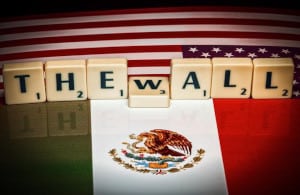
Presidents can create multiple executive orders during their term, many of which will go unnoticed by the public. However, there have been some notable examples in recent years. President Trump signed an executive order banning people’s entry from predominantly Muslim nations, which was widely criticized. There was also a controversial executive order to create a new wall on the Mexican border. President Biden used his executive power to revoke both of these upon his election to office.
The Power To Grant Pardons
This is another executive privilege that tends to breed controversy. The President of the United States is granted the executive power to issue pardons and reprieves for those convicted of federal crimes, as stated in Article II of the United States Constitution.
Former convicts or families of those incarcerated follow specific guidelines to appeal for a pardon. The president then approves or denies this appeal as deemed appropriate. It has often led to the pardons of close associates of a sitting president or those convicted of serious crimes. On a lighter note, there is the symbolic pardon of a Thanksgiving turkey every year.
The Power of Commander in Chief
Another important role of the president is that of Commander in Chief.. This comes with its own set of important powers that they must use wisely. They can instruct Congress in declarations of war and make vital decisions regarding the deployment of troops and strategic aspects of warfare. Presidents also have the authority to determine treaties and sign those with other nations.

During times of conflict, these can be literal life or death decisions where a wrong move can be catastrophic. On the other hand, presidents risk facing a barrage of criticism if they don’t intervene in a conflict or withdraw from a region too soon.

Get Smarter on US News, History, and the Constitution
Join the thousands of fellow patriots who rely on our 5-minute newsletter to stay informed on the key events and trends that shaped our nation's past and continue to shape its present.
The Power To Conduct Foreign Affairs
The President of the United States is the nation’s figurehead on the global stage. This means appropriate actions in diplomatic situations and foreign affairs and in times of war. The United States has ambassadors in many countries, and the president is responsible for appointing them. They will also travel abroad for conferences, negotiations, and state visits. They can then use their executive privilege to make agreements and speak on behalf of the nation. This also means they need to be suitable hosts when heads of state visit Washington.
The Power To Nominate Leading Officials
In addition to the diplomats on the world’s stage, there are many other major roles in politics and the justice system that require the best person for the job. The president will put forward names for consideration for the Cabinet, ambassadorships, Supreme Court justices, and other ministers and officers of the United States.
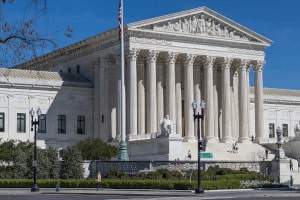
The Power as a Party Leader
Then there is the power that the president has over his party. Once a candidate wins an election and becomes the country’s leader, the party politics isn’t over. They are still the head of their party and need to advise those below them on how to act and run campaigns. For example, there will be an ongoing conflict between Democrats and Republicans in Congress, and these representatives may be advised to vote a particular way. There are also ongoing state issues and smaller elections to consider.
The President of the United States Does Not Have Absolute Power
There are a series of checks and balances in place to ensure that no single branch of government expand their sphere of influence much without the approval of others. Presidents can’t make laws by themselves, they have to get the approval of Congress. The same is true with the appointments for major positions and any acts of war. The president then has the power to sign approved legislation into law or apply vetoes if necessary. What’s more, they can’t interpret the law in their own way. Another power they lack is deciding how to spend federal money.
The President’s Power Remains Extensive
Even with all of these checks and balances in place, the President of the United States is the most powerful position in the country. They have limitations in place but are still the ones directing the course of the country through domestic affairs, foreign diplomacy, and even war.
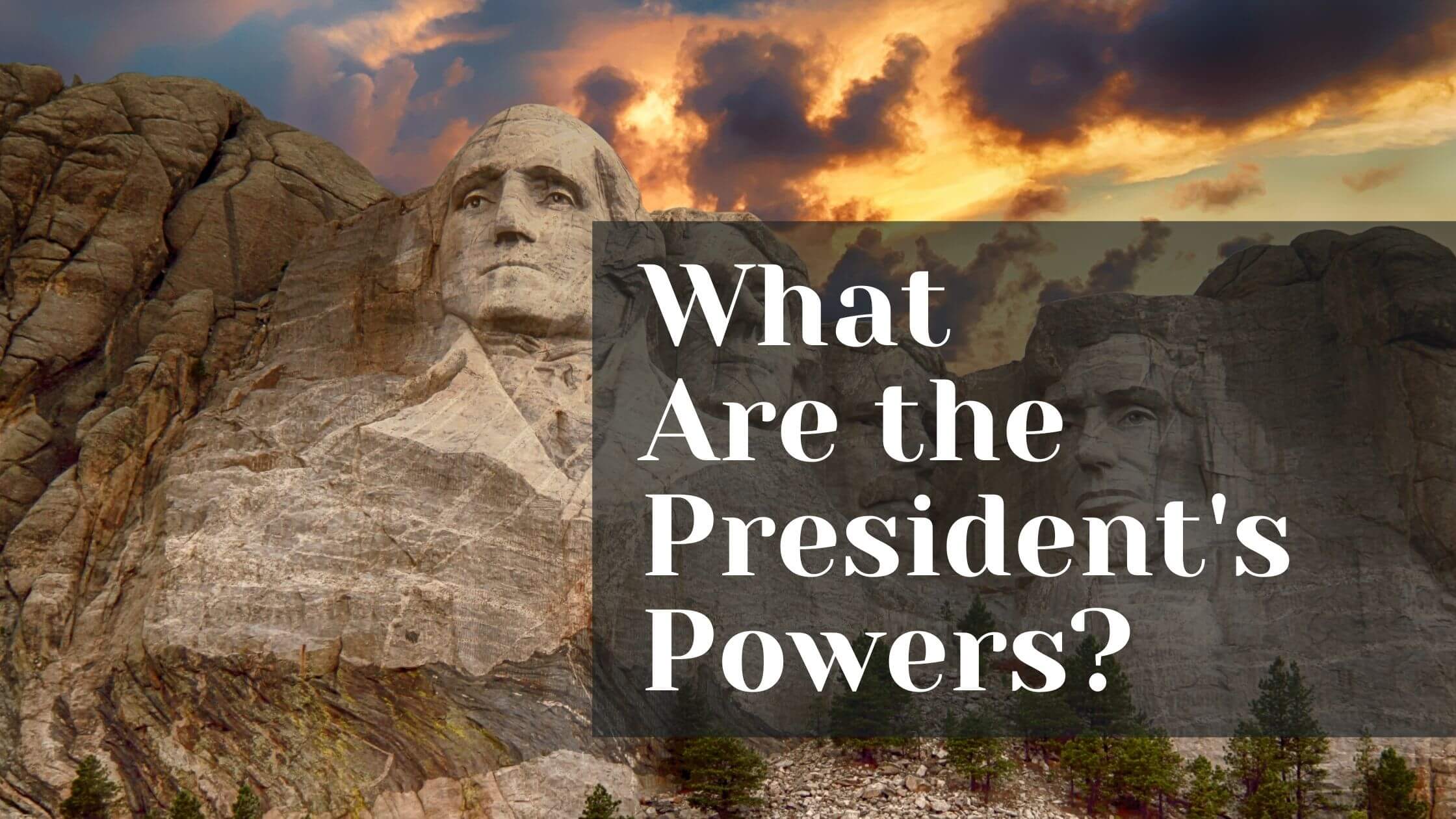
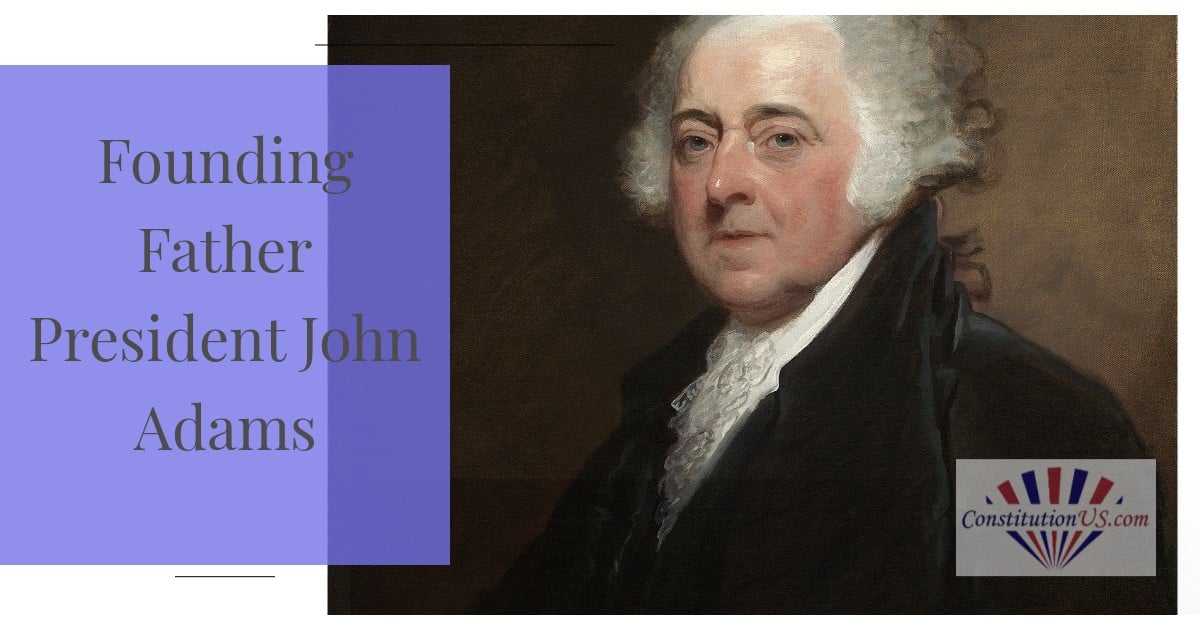
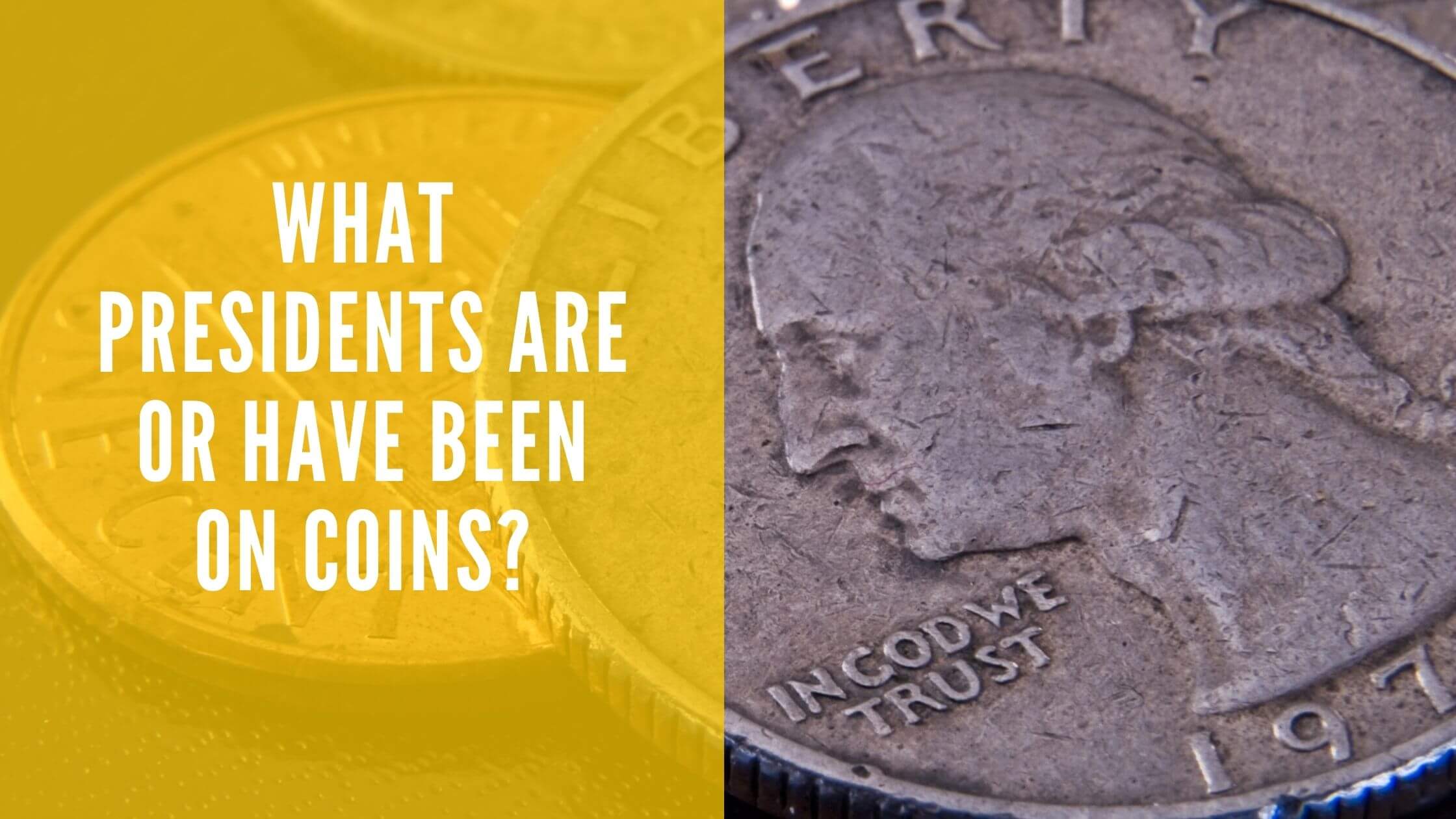








2 Responses
Where, in the Constitution is the president given the right to make Executive Orders?
Good question. I have not yet found the specific Constitutional provisions that created the right of a President to issue Executive orders. My feelings are best found in a letter by Poet James Russell Lowell.
“Is ours a ‘government of the people by the people for the people,’ or is it a Kakistocracy rather, for the benefit of knaves and at the cost of fools?”